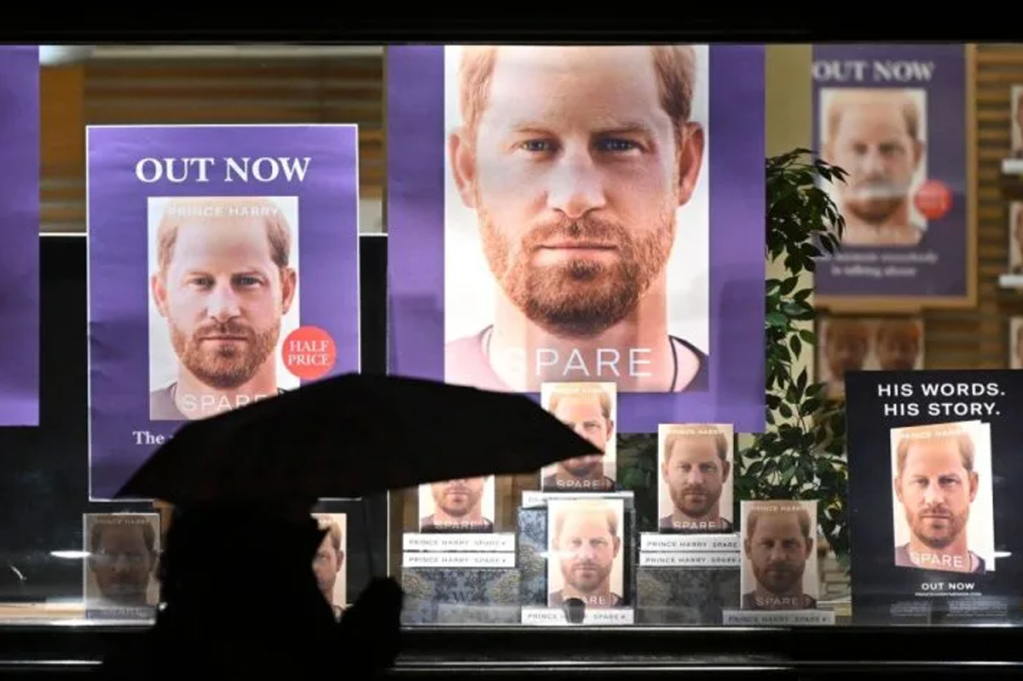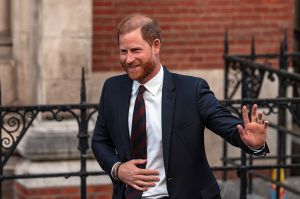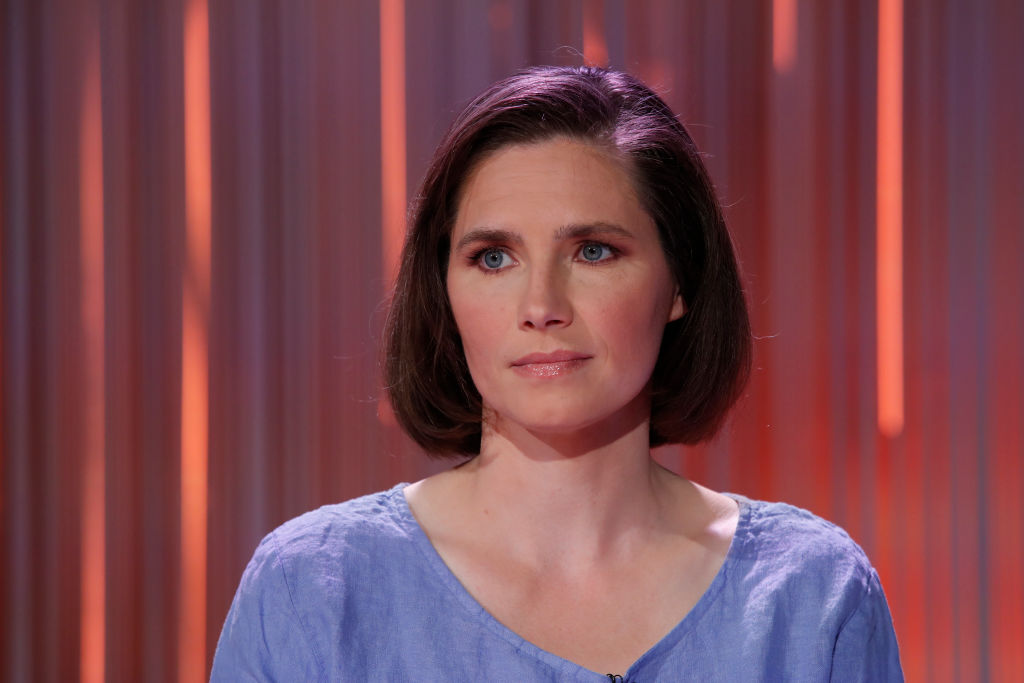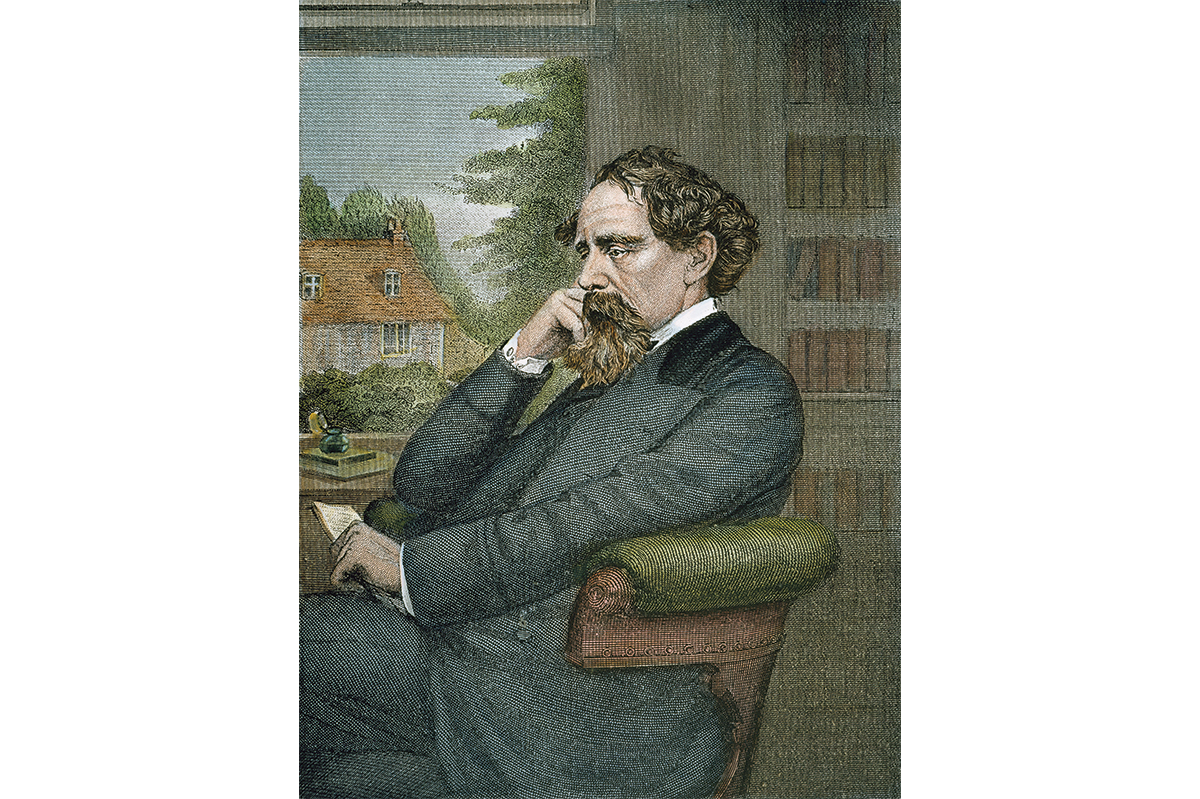A surprising number of royal personages have published books under their own names, and sometimes they have even been written by the purported authors. The first, I think, was the Eikon Basilike published shortly after Charles I’s execution and presented as his account of himself and of events. The authorship of this highly effective piece of propaganda has been questioned, but its simple, direct, rather haughty tone is very similar to the king’s recorded speech at his trial.
After Prince Albert’s death, Queen Victoria published two journals of her life in the Highlands. We know that she was an enchanting, vivid writer from her journals and letters, with a novelist’s sharp ear for dialogue (Lord Melbourne’s debauched drawling conversation is beautifully captured in the single volume of her diary Princess Beatrice didn’t get round to editing). Publication, in the Highland volumes, put a restraint on her native liveliness in prose, but they still show how interested she was in people and settings, and especially how much pleasure she took in talking to people in remote places who had no idea who she was. Disraeli’s amusingly oily opening in an audience, “We authors, ma’am…” is not quite as ridiculous as you might think.
There have been others since. I rather recommend a popular success of the 1950s, My Memories of Six Reigns by Princess Marie Louise, granddaughter through Princess Helena of Queen Victoria; she can’t really write, (“Here I think I must relate an amusing remark my mother made”) but she is that rare thing, a bore (unlike the author under present consideration) who is not at all interested in talking about herself. Her book is a mine of stunningly inconsequential tales of hundreds of royalties, like Queen Victoria snobbishly telling a religious lady-in-waiting that when she died she would not receive the prophet Abraham.
The Duke of Windsor published a ghost-written autobiography, A King’s Story, which I have just read with very little pleasure; it rather demonstrates the factors preventing royalty from writing well. At the end of this interminable volume, you can only conclude that nobody had ever said to the duke “Oh, do shut up,” or, at the end of an anecdote, “Is that it?” or “No, I don’t think I do want to read your letter from twenty years ago to your dad about meeting the Japanese ambassador.” On the evidence of his autobiography, the Duke was a frightful bore who was under the impression that he fascinated everyone he ever met, like Oscar Wilde or F.E. Smith. But how should royalty ever think anything else?
And so we approach the present volume. Its author occupies the same position in the world as his uncle, the present Duke of York did forty years ago — second son of the monarch, though lower in the line of succession than York was then. The Duke of York only published one book, an almost impressively inept volume of his photographs back in 1985, but his wife has been very energetic.
Among her dozens of books are at least two autobiographies, published after her departure from the royal family, though the first still uses her royal title. The second of these, Finding Sarah: A Duchess’s Journey To Find Herself I have read as much of as I could endure. It was written in the apparent aim to explain the huge spiritual journey she went on after being caught by the News of the World attempting to sell introductions to her ex-husband. Also to offer life advice to her readers, you may be surprised to hear (“Always be grateful for your family and friends.”) Interestingly, there is a whole chapter about escaping to the sanctuary of a place in California called Montecito, where a kind lady called Oprah offered her support and a deal to make a docuseries. (“I cannot get over the miracle of being offered the docuseries.”)
Basically, despite all the massive whipped-up outrage over the Duke of Sussex’s memoir, we should make the effort to remember that it is basically Sarah York’s autobiography with better, or at any rate more transparently vindictive timing. You will have read the principal revelations elsewhere, which I will not dwell on; they seem to me to fall into the dog-bites-man category, including that a public schoolboy took cocaine at a party when he was seventeen, two brothers had such an angry argument that one hit the other, and a medium got in touch with a famous and rich adult orphan with the news that “you’re living the life [your mother] wanted for you.”
Other stuff includes the astonishing news that the present Prince of Wales drank rum on the night before his marriage, and that though he didn’t mind having his brother as his best man in church, he asked other old friends to give the speech at the reception. Christ, I don’t know why you might not trust your brother to give a speech on one of the most important day of your life. Maybe it was that two years earlier he referred on camera to his “little Paki friend?”
My general view of the supposedly devastating revelations contained in this book is this: the publisher paid twenty million bucks for this?
The book represents a well-established literary genre, the misery memoir like Ma, He Sold Me For A Few Cigarettes and The Boy Who Was Raised As A Dog (real examples). The reader is not expected to recognize his own life in these pages, whether through not being royal or not growing up in the direst poverty. The villains are plain, and in the later stages redemption is offered, quite often, though not in the case of Sussex, alas, (“Not really big on books”) by learning to read and write.
One has to feel, to some degree, for the Duke of Sussex, though his account is unconvincing and horribly hurtful to some decent and honorable people who could never answer back. He was born into a position he is patently unfitted for. He suffered a terrible tragedy when young. He has, evidently, very few inner resources such as intellectual curiosity, or even interest in other human beings, to sustain him. He would be very easy prey for the sycophants and sharp opportunists who always surround royalty in ways that his brother, father and grandmother never were. All that is exceedingly sad.
His version of events is worth reading, although they must be read in conjunction with more detached versions, such as Tom Bower’s biography. The most damaging claims against members of his family are hearsay, such as what the King is said to have said when the prince was born. Or they are toxic speculation, such as comments about the Queen’s long term strategy to acquire the crown which I personally find very implausible about such a patently decent woman.
Some of the Duke of Sussex’s accounts of incidents are objectively incorrect, such as his version of the Daily Mail’s defense in the court case — it was specifically a claim that the duchess had shown friends the letter the Mail had published, with the intent that they quote it in the American media. Sussex gives the impression that they were being taken to task merely for defending her, which is quite wrong. Other previous claims have now been dropped — Meghan’s absurd suggestion that they were married by the Archbishop of Canterbury in private before the public ceremony is not repeated.
Of course, much of the rest of it, we will never know the truth of, since the individuals berated are not going to respond. But within the duke’s version of events lie a number of inadvertent suggestions that the reader will ponder on. It was not so very unreasonable for the then-Duchess of Cambridge, heroically continuing her official duties through a difficult pregnancy, to be offended when the Duchess of Sussex told her that her condition was making her stupid, nor for the Duke of Cambridge to tell his brother that he found his wife rude.
The Duke of Sussex now says that his brother was “parroting” the characterization of his wife in the media. But why would his thoughts about his sister-in-law come solely from the Daily Mail? He’d met her. He knew her. The solipsism of Harry’s version of the confrontation is interesting; William asked him not to tell his wife that they had had a fight. For Harry, this shows William in a bad light, but there may be a reason that justifies his brother.
Untrue and very upsetting stories about the Cambridges’ private relations had started to appear in American magazines. Some of them, the Cambridges may have believed, were magazines with a close relationship either with the Duchess of Sussex or with her intimates. The belief may have been quite unfounded, but it is quite plausible that William said “Don’t tell your wife about this” primarily because he didn’t want to read about it, any more than about a completely non-existent extra-marital affair, in glossy magazines. Trust had quite broken down.
The book was written by the experienced American writer J.R.Moehringer, who is the 130th name to appear on the list of people thanked by the Duke of Sussex. I would have placed him higher than the “superb” fact-checker who approved the claim that the Koh-i-Noor is the “largest diamond ever seen by human eyes” when it isn’t even the biggest diamond owned by the British royal family — Cullinan 1 is four times the size. But there you go.
Moehringer has made a decent-ish stab at simulating an English voice for his narrator, though there are a few too many “mates” to be quite convincing, and the register weirdly varies, sometimes saying “they put us under the same bloody roof” and sometimes “such a horrid, tantalizing feeling…” Often, unlikely American usages enter, like “worrisome,” “tardiness” or “snack” as a verb, or, implausibly, that the princes called an officer called Graham “Crackers” in the 1990s — I had no idea, even now, what Graham Crackers are. I can’t admit to being terribly enthralled by Moehringer’s evocations of Africa (“The sun beat down from a hot blue sky”) nor by his encouragements to emotion (“Her tears glistened in the spring sunshine”). The reader may be amused by his making the duke the first person in history to stand in front of Sandringham and say “I was struck again by the beauty of it all.” But all that is part of his chosen genre and may be forgiven.
The duke says that he wants to repair the relationship with his father and brother. He is either completely disingenuous, or an idiot. Whatever feelings King Charles and Prince William have for him personally, there is no possibility they will have any conversation with him while knowing that his account of it will be promptly sold to the highest bidder for broadcast. Nobody would.
Harry has said, in a television interview, that he has a “huge amount of compassion” for the Queen. It’s just as well: I don’t think anyone else is going to make that observation about his attitude to that admirable woman unprompted. This is a sad and a lowering book, and the saddest aspect of it is that he strangely believes that he is the person to lead a charge against the practitioners of the written word, to control and restrict it. I may be old-fashioned, but I don’t consider that the appropriate person to advocate any restrictions on published writing is somebody who has only ever, it appears, read one book under the demands of his very expensive schooling, and who evidently regards our noble trade with undiluted contempt, which may of course be justified, and unmitigated ignorance, which never is.
This article was originally published in The Spectator’s UK magazine. Subscribe to the World edition here.

























